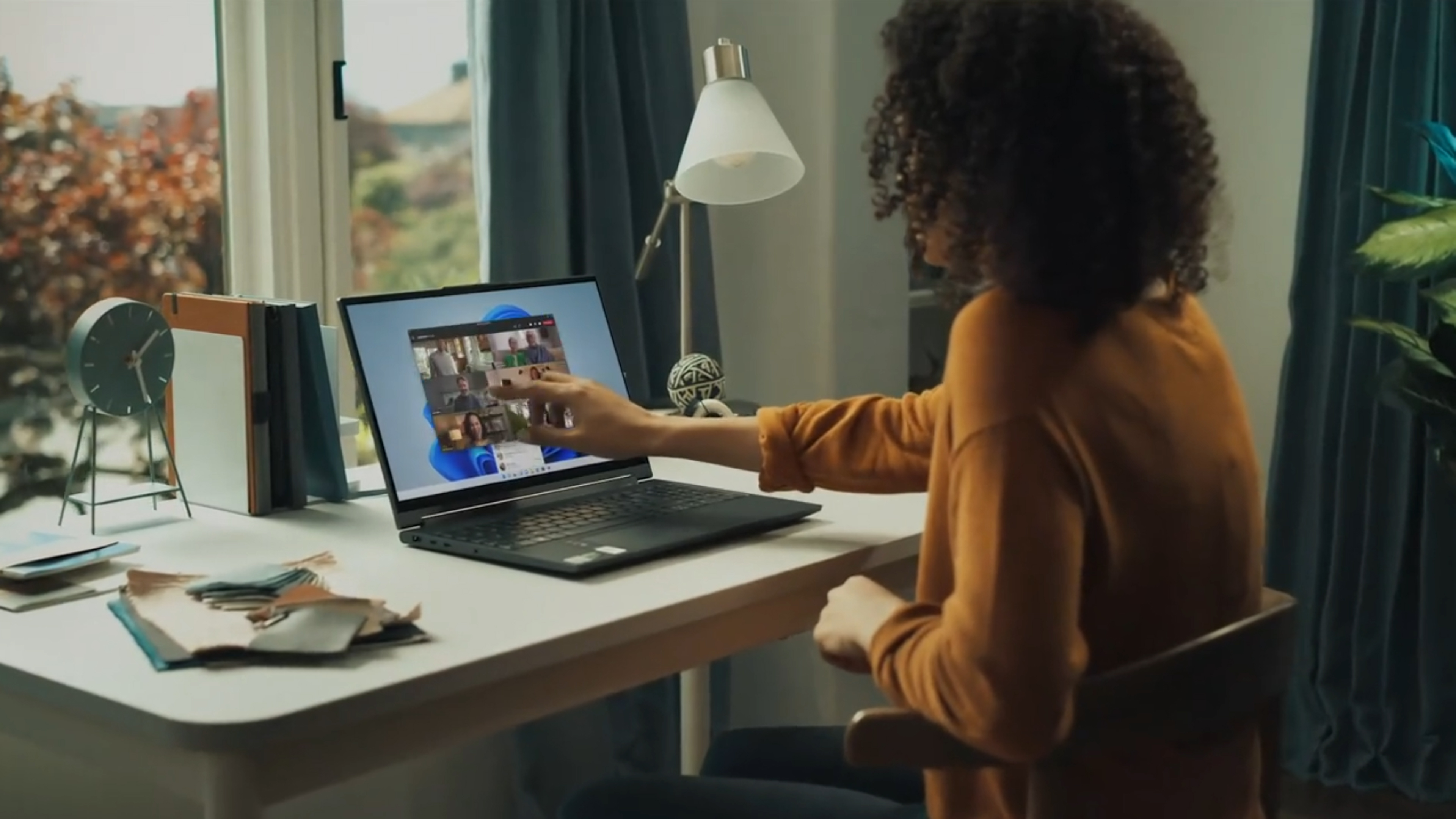Windows 11 is a free upgrade – but could prove a pain in the neck rather than wallet

Windows 11 is a free upgrade for those coming from Windows 10, Microsoft has confirmed. However, there are some caveats with the freebie move, as you might expect – one of them being that while you may not have to fork out any money, you could be spending time instead, figuring out the upgrade process.
Let’s come back to that in a moment, but what we heard at the launch of Windows 11 yesterday was that Windows 10 users would be able to upgrade for free, and that this offer will run for at least a year.
Microsoft states: “The free upgrade offer does not have a specific end date for eligible systems. However, Microsoft reserves the right to eventually end support for the free offer. This end date will be no sooner than one year from general availability.”
- Windows 11 release date, news, and features
- We show you how to uninstall a Windows 10 update
- And here's how to speed up Windows 10
As you may recall, the upgrade offer from Windows 7/8 to Windows 10 was also a year-long affair, but Microsoft ended up letting that deadline slide (and it’s still possible to upgrade today, in fact).
(Note that Windows 7/8 users aren’t eligible for a Windows 11 upgrade officially, but if they upgrade to Windows 10 now, or in the near future – assuming Microsoft doesn’t close that loophole – they will then be able to move on to Windows 11).
The other stipulations for the free upgrade to Windows 11 include that you’ll need an internet connection and to be online, as well as logged in to a Microsoft account, to install the OS. You’ll also need to be running the most recent version of Windows 10, and your PC must meet the minimum hardware requirements for the new OS.
TPM = Total Pain Module?
The thorny bit here is that the minimum spec of Windows 11 isn’t quite as straightforward as just checking whether you have enough system memory for example (4GB), because one of the requirements is to have TPM.
Sign up for breaking news, reviews, opinion, top tech deals, and more.
TPM stands for Trusted Platform Module and is a security feature that comes complete with a host of defenses on a hardware level to prevent a device from being messed with.
That’s all well and good, and TPM can be implemented as a separate hardware module, or in firmware – but the trouble is not every PC has it. More modern machines will, or should in theory, but with older hardware, the TPM requirement could be problematic.
At the moment, you can use Microsoft’s PC Health Check app [direct download] to see if your PC is good to go with Windows 11 in terms of all the requirements including TPM, with Microsoft observing that “many PCs that are less than four years old will be able to upgrade to Windows 11”.
However, there are a couple of issues here. Firstly, the Health Check tool appears to be somewhat buggy, and seems to be misreporting that some PCs don’t have the necessary hardware to run W10 (like TPM), when in fact they do.
Furthermore, it may be the case that your PC does have TPM, but that it just isn’t enabled in the BIOS. In that case, the user will have to travel into the BIOS and turn on TPM, and doing so may prove something of a headache for the less tech-savvy who aren’t familiar with the fiddlier bits of owning and running a PC.
It might also be the case that a motherboard could require a BIOS update first to get TPM functionality, and again, this process could prove even more of a headache for the less knowledgeable PC users out there. Hence what we said at the outset about the cost here being time – and possibly a few chunks of hair – rather than money.
Confusion reigns around the TPM requirement in general, right now, and Microsoft glossed over this element of the Windows 11 spec at yesterday’s launch – perhaps unsurprisingly – but it would be good to hear more on this, and for one thing whether the Health Check tool is functioning correctly (and if not, whether it’s being fixed).
- These are the best laptops of 2021
Darren is a freelancer writing news and features for TechRadar (and occasionally T3) across a broad range of computing topics including CPUs, GPUs, various other hardware, VPNs, antivirus and more. He has written about tech for the best part of three decades, and writes books in his spare time (his debut novel - 'I Know What You Did Last Supper' - was published by Hachette UK in 2013).